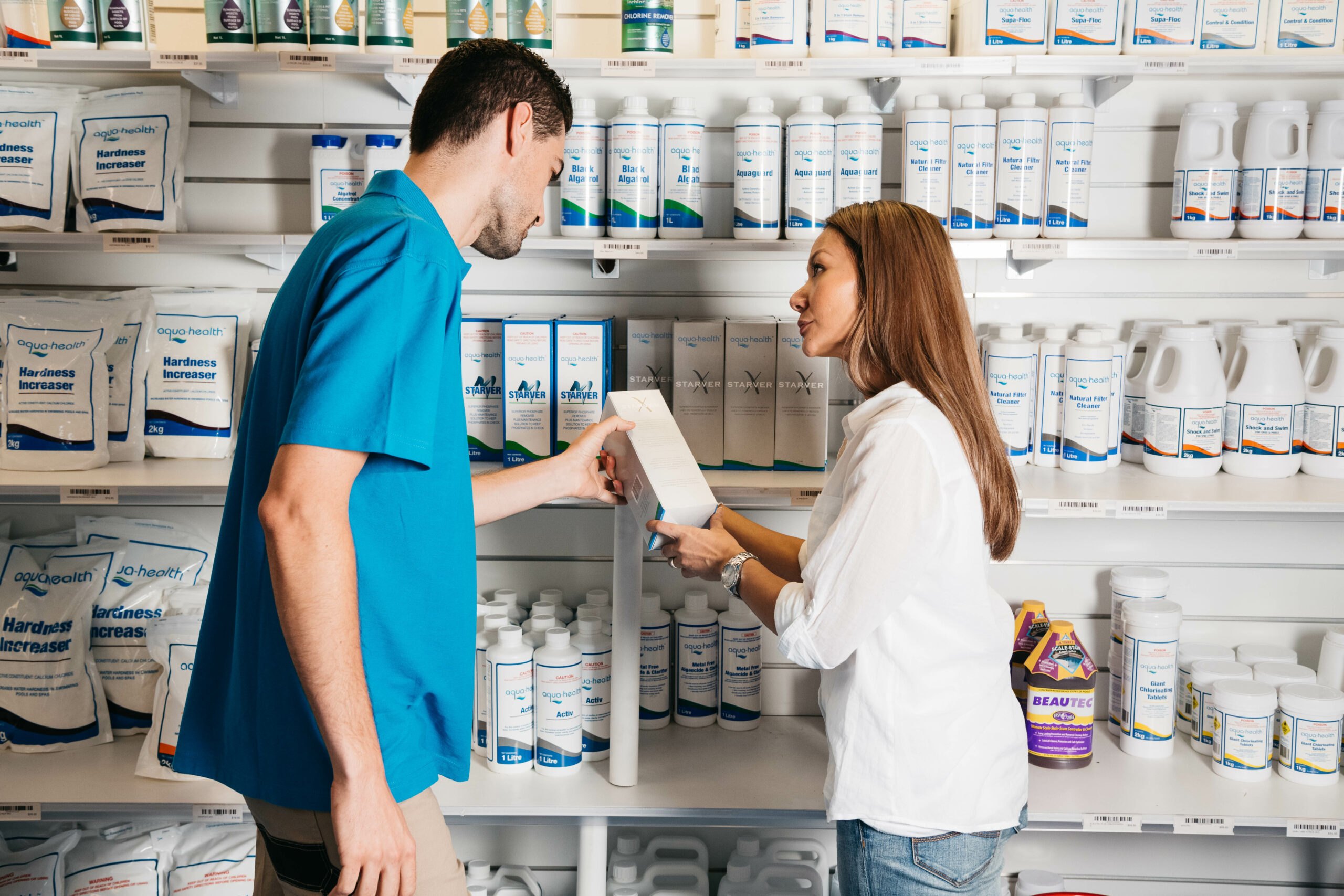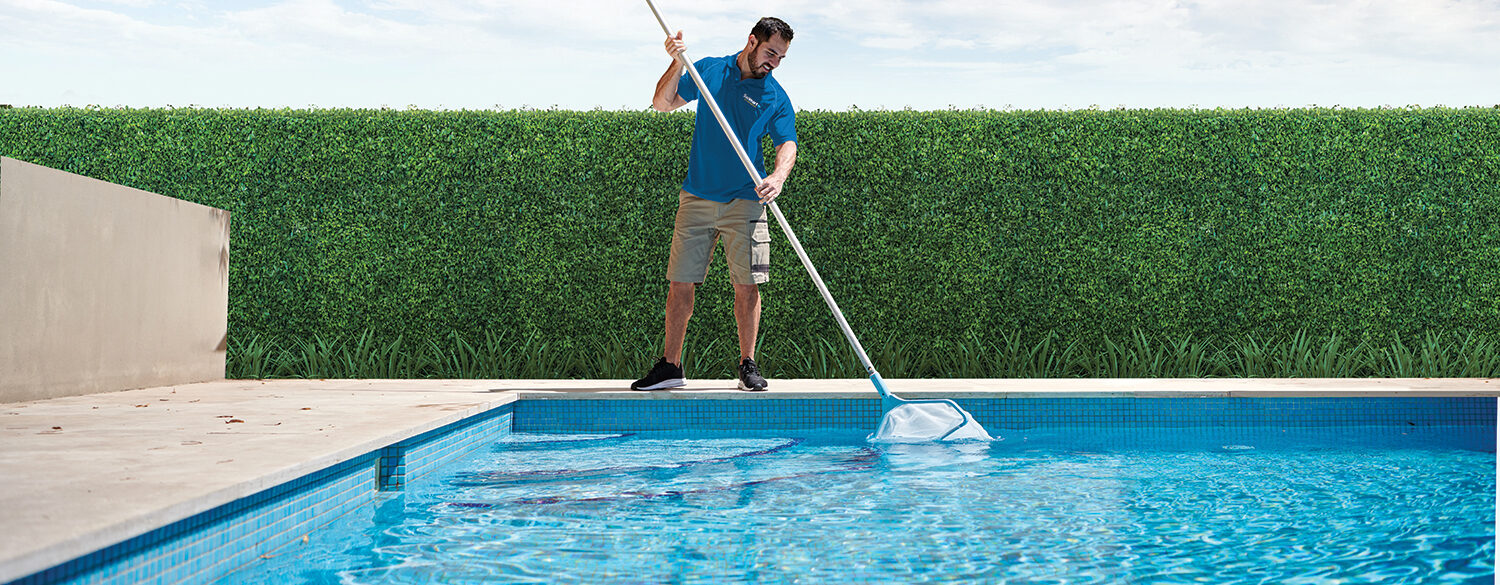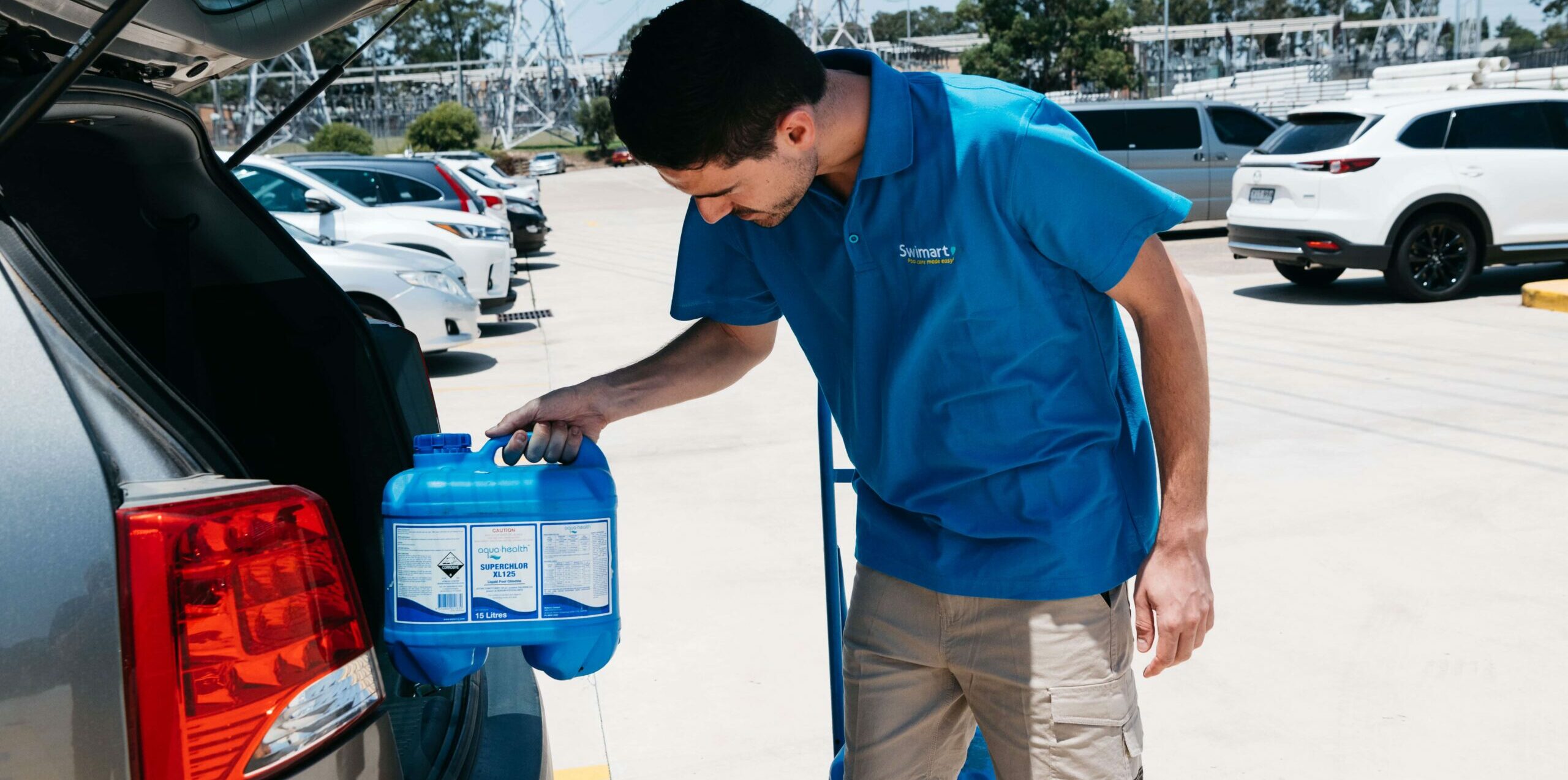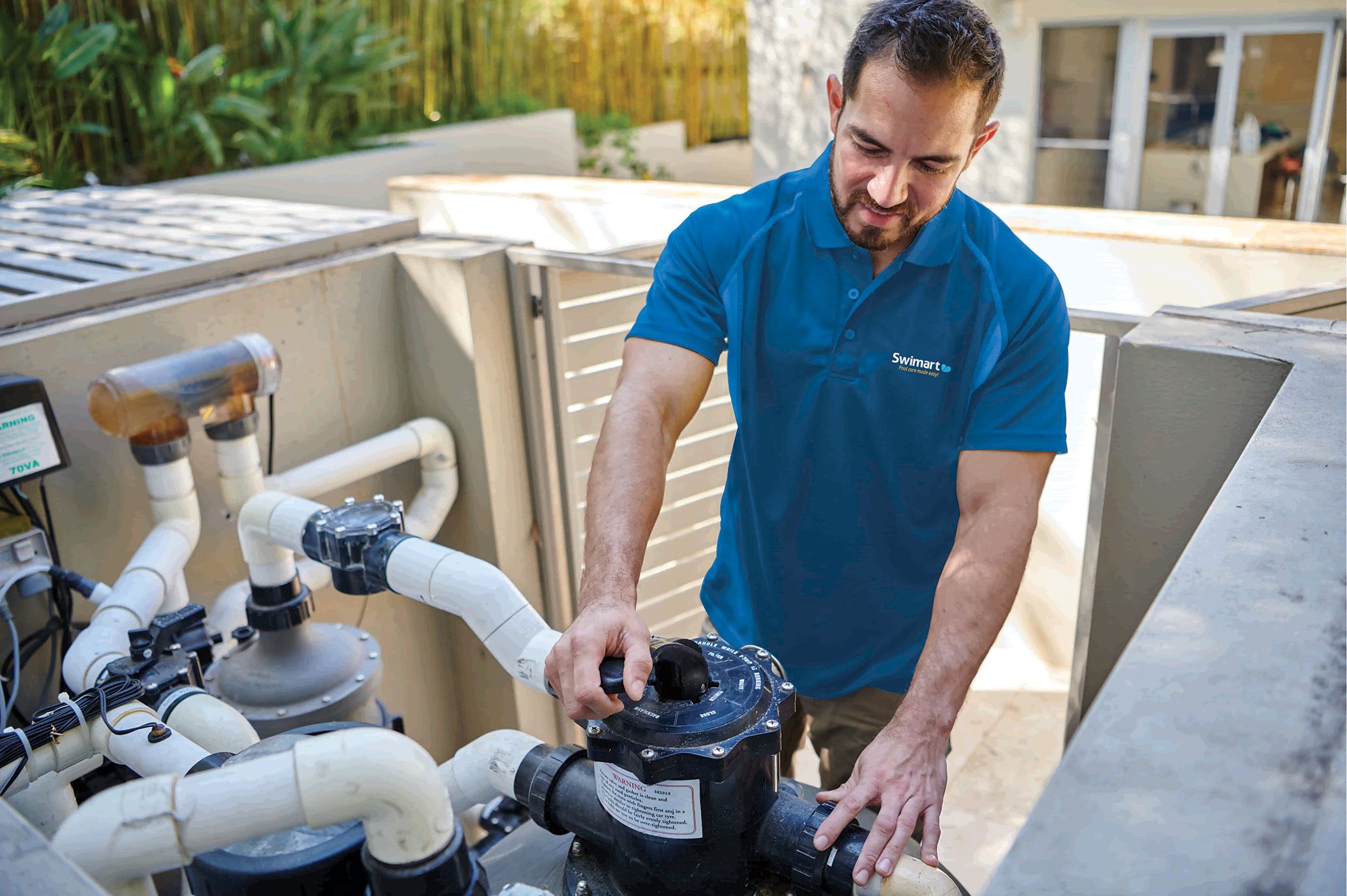| Bronwen Knox
It’s less than a year until the Rio Olympics, and for Australia’s Water Polo team, preparation is starting to get serious. When Bronwen Knox marches into the stadium behind the Australian flag it will be the culmination of years of training and a dream that began when she was 14. Phyllis Stylianou spoke to her about how a girl from Brisbane came to be headed for her third trip to the world’s biggest sporting competition.
It’s now less than a year until Rio. How is the team shaping up?
While we still have quite a lot of work ahead of us, we are definitely on the right track to head into Rio in the best possible shape and ready to take on the world.
What is the team’s preparation plan for Rio?
In the year leading up to Rio most girls will be living the life of full time athletes. We have training camps every month and some international tours to help us prepare. We just finished up our first two-week training camp in Sydney, which has been very productive in cementing the foundation on which we hope to excel. After a week at home, we will then head to Canberra for a three-week camp, before heading overseas for a month. Needless to say we will be spending much more time away at home.
What is the team’s next major competition?
While we have some games and training camp before this year is finished, our next major competition will be the World League Finals early next year. This competition will give us an idea of where we are currently positioned and what areas need attention before heading into the Games.
We know that other swimmers get up at an ungodly hour every morning and swim laps for hours to train. How do water polo players train?
We have a mix of training types, while there are some individual aspects to the training sessions, that mainly involves fitness and strength work (such as gym, swim sessions and leg work), but the most important sessions are team sessions that assist in developing ball skills, developing tactics and the team’s dynamics.
What is the experience mix of the team?
The team is made up of a combination of both those who have been to an Olympic Games before and those who haven’t. Almost all the girls in the current squad have played in a major tournament (either World Championships or World Cup). There are players like myself who have played over 300 international games and then there are others who joined our squad this year.
How did you start playing water polo?
I originally started out as a swimmer and got a little bored just following a black line. I was talked into playing my first club game at 14 and quickly found out that it was the sport for me.
Why do you love it?
I found that water polo had everything that I enjoyed about sport. It had the challenge of a team sport with elements of swimming and the skills of ball sports.
What sets it apart from other sports?
Water polo is a game that not only requires elements of physical fitness and ball skills, but also requires elements in team dynamics and understanding of the game. I have seen some amazing players who aren’t the fastest, strongest or have the most natural ability, yet they have excelled due to developing an understanding of the game.
You played for Olympiacos in 2013-14. What club are you playing for now?
I am playing this upcoming National League season for the University of New South Wales/Wests.
How difficult is it to combine your water polo training and competitions with your job as a lab assistant?
It has been a constant balancing act to maintain both my sporting career and academic career. In order for me to continue to work and train, it relied on cultivating good relationships. While I have taken time off work now till Rio, due to our busy travel schedule, I have been able to work on and off through my sporting career.
Do you think playing sport played a big part in your academic success?
Playing sport has provided me with avenues to help develop skills in leadership, communication and teamwork that has been paramount to my academic success as well as having access to established avenues between the Queensland Academy of Sport and multiple universities to enable study and elite training. I hope to continue my academic success post Rio with undertaking a law degree in the hopes of getting into areas surrounding policy and legislation in public health.
How important is it for children to play sport.
Growing up I was very shy and playing sport gave me great opportunities to develop an understanding of a healthy lifestyle as well as helping me gain confidence and important life skills.
Is water polo a sport that people can play at any age?
Water polo is a sport for any age. There are a number of beginner programs that provide an introduction to the sport for kids as well as clubs that provide opportunities for anyone to participate.
Would you encourage people of any age to take up water polo and why?
I would encourage anyone interested in seeing what the sport is about to go out and do it. It is a great way to combine social activities with keeping fit. In fact my mother is looking at heading to her first training session next week.
|


 AUS
AUS NZ
NZ 




